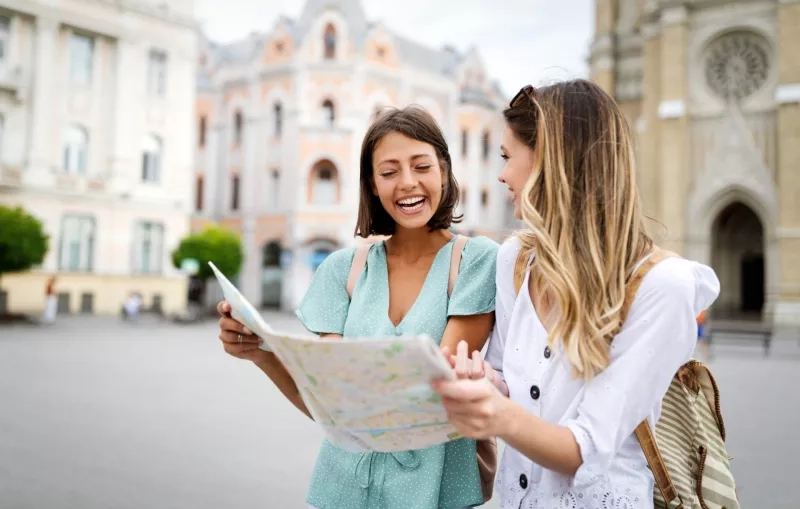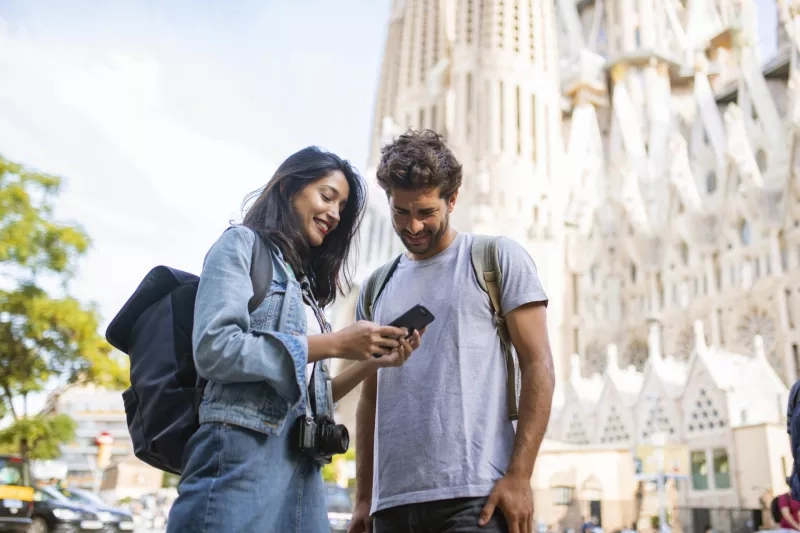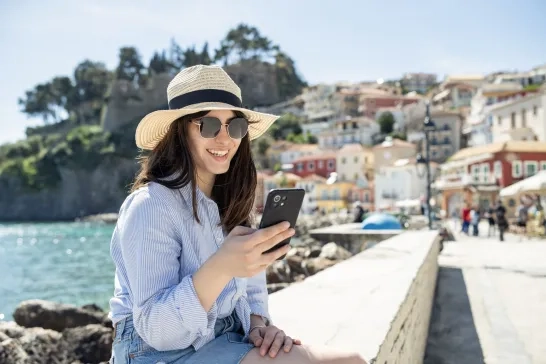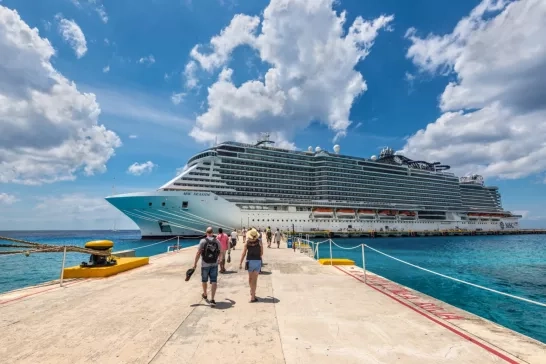
Phrases you should learn in every language
2 Minute Read
Konnichiwa, les toilettes, tack. Being able to say a few words like “hello” in Japanese, “the toilet” in French or “thank you” in Swedish when you travel to another country does more than help you get by; it breaks the ice, and it helps you find the facilities.
Greetings, “please” and “thank you,” “excuse me,” and some version of “cheers!” are all great to have. So are words like “lost,” “help” and, of course, “coffee.”
It’s easy to learn a few language basics, including pronunciation, with an internet search. Before a recent trip to Germany, I downloaded the free Google Translate app on my iPhone. Android users can find it at Google Play. The app provides instant audio and written translation from English to 133 languages. Use the camera to read things like menus and street signs. The instant translation saved me from ordering a bowl of eel soup in Stuttgart – no offence to eel lovers.
I always learn some language basics before I travel and pick up even more after I arrive. Hotel staff are usually willing to teach you a couple of useful words. Grab a business card at the front desk to show taxi drivers or ask for directions back to your hotel.
It may also be a good idea to learn to say “how much?” but be prepared to get a non-English answer. Sometimes merchants will put the number into a calculator and show it to you. And miming writing in the air has always made the cheque appear.
Tracy Therrien, CAA Sudbury Senior Travel Consultant, says she always learns some local words and phrases before she travels. She says it helps her jump into a new place via language. Once at her destination, her favourite tool is Google Translate.
“I have found it’s an excellent application to use when travelling,” she said. “This app came in handy for my husband and I when we travelled to Venice, Italy. We attended a local festival with food, and the menu was all in Italian.” She plans to use it on her upcoming cruise to Greece and Croatia.

AzmanJaka | iStock
To dig deeper into a local language, look at free e-learning apps such as Duolingo. Check your local library for free language courses. Many library users get access to the Mango Languages app, and the subscription service Babbel has a good rating.
Look for language classes for beginners in your community, or for an even deeper dive, consider taking a language course in another country where you can combine learning with travel.
Guide Joachim Schadendorf, who was leading our small group through Stuttgart and Baden-Baden, Germany, said it’s to learn more than a few words when travelling to a European country. Most Germans speak English, and with your first guten tag (“good day”), they’ll know you’re a visitor. “The most important thing you say doesn’t have words,” said Schadendorf. “It’s your smile.”
No matter where you want to go, your CAA Travel Consultant is fluent in the language of travel and can help to plan your next adventure. Book an appointment today to start planning your next trip.




